1959

On December 1st, the institute in Schmallenberg is incorporated into the Fraunhofer-Gesellschaft as the Fraunhofer Institute for Aerobiology (IAe) and the construction of the main building begins. The first director is Dr. Karl Bisa.

On December 1st, the institute in Schmallenberg is incorporated into the Fraunhofer-Gesellschaft as the Fraunhofer Institute for Aerobiology (IAe) and the construction of the main building begins. The first director is Dr. Karl Bisa.

Dr. Karl Bisa, Head Physician at the silicosis clinic Grafschaft, sets up his own research laboratory on a hill near the village of Schmallenberg-Grafschaft.

The institute has now about 70 employees and is directed by Dr. Hubert Oldiges, Dr. Heinrich Rüterjans and Prof. Werner Stöber. The research focus lies on protecting people from air pollutants. Until 1971, it is financed mainly by the German Federal Ministry of Defence.
The German Federal Ministry for Research and Technology takes over the institutional support of the Fraunhofer-Gesellschaft. At Fraunhofer IAe, research questions of general environmental protection become more prominent.
With a view to increasing capacity, a building is rented in Münster for the establishment of an inhalation unit.
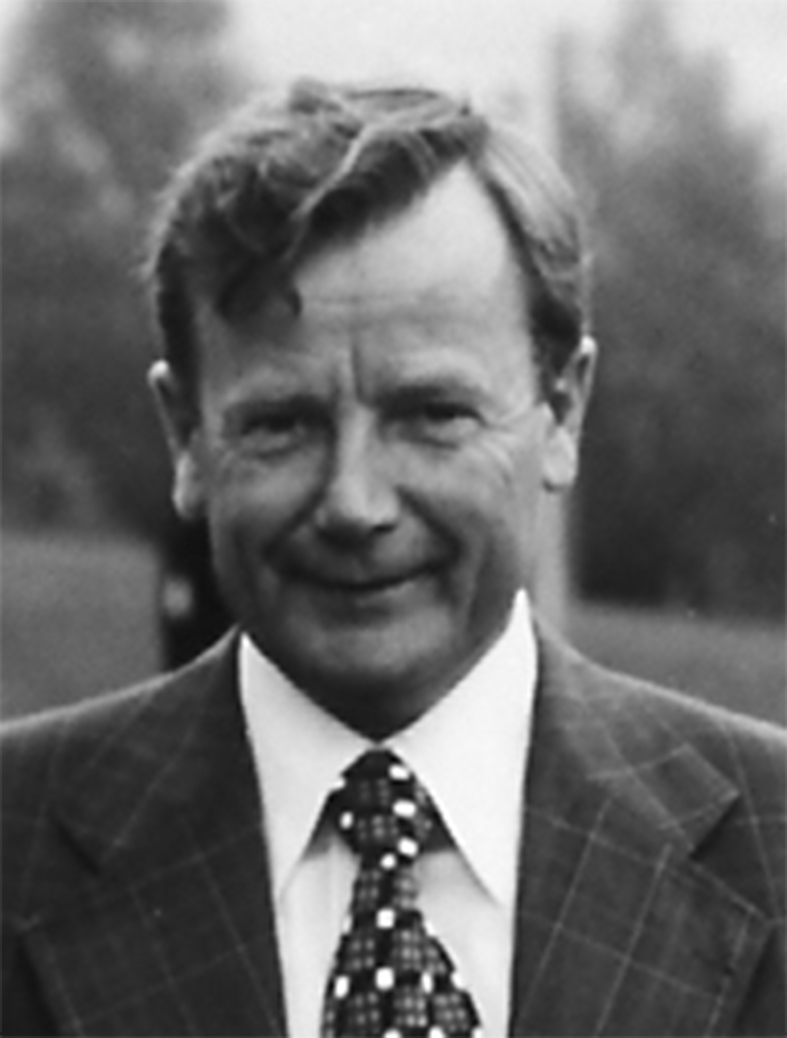
The institute is renamed Fraunhofer Institute for Toxicology and Aerosol Research ITA and an additional location is added. The research focus “Human Health“ under the direction of Prof. Werner Stöber is the focus of toxicological research in Hanover. Dr. Hubert Oldiges is in charge of research at Schmallenberg focusing on the protection of the environment. The number of employees at Fraunhofer ITA has risen to 142.
Following the implementation of the new chemicals legislation, research groups for ecological chemistry start working in Schmallenberg.
Dr. Dieter Hochrainer, Dr. Günter Oberdörster, Hans Peter König and Shinji Takenaka were awarded the Joseph von Fraunhofer Prize for their research on the carcinogenicity of cadmium aerosols.
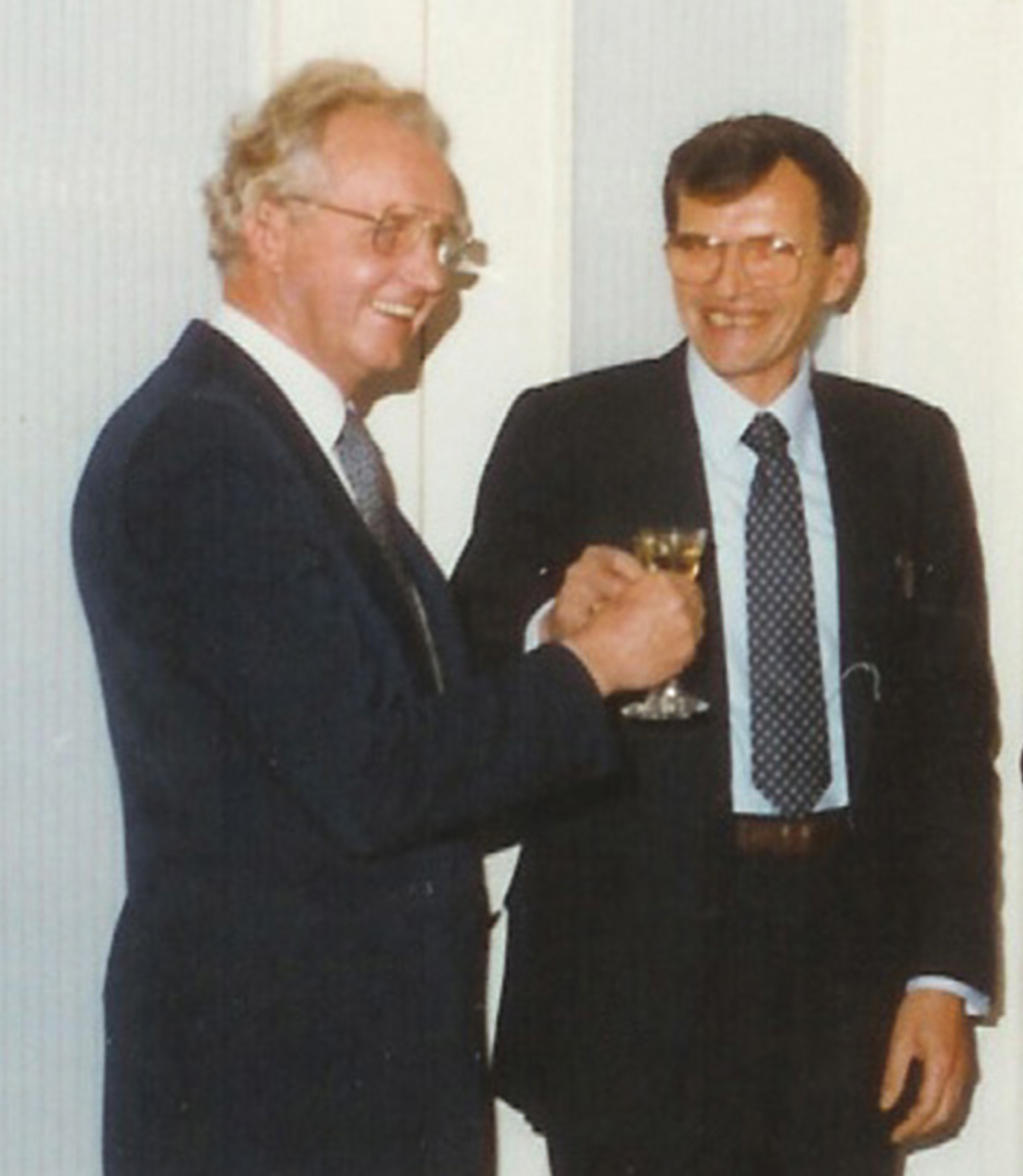
Prof. Werner Klein is appointed head at the Schmallenberg branch of the institute, initially together with Dr. Hubert Oldiges. The fate of chemicals in the environment and their effects on environmental organisms is now the focus of research. The number of employees of the entire institute increases to 176.

The Schmallenberg and Hanover locations are split into two independent Fraunhofer Institutes. Renaming the Schmallenberg location Fraunhofer Institute for Environmental Chemistry and Ecotoxicology IUCT reflects the institute's new research priorities.

Prof. Kvetoslav Spurny (photo) is the first non-American scientist to receive the David Sinclair Award of the American Association for Aerosol Research.
He came to the Federal Republic of Germany as a political refugee in 1972, where he was employed by the Fraunhofer Institute for Environmental Chemistry and Ecotoxicology in Schmallenberg until he reached retirement age in 1988.

The Central Institute of Nutrition of the former Academy of Sciences of the German Democratic Republic (GDR) is the origin of the Fraunhofer IUCT branch “Department for Biochemical Ecotoxicology“ in Potsdam. It is closed seven years later.

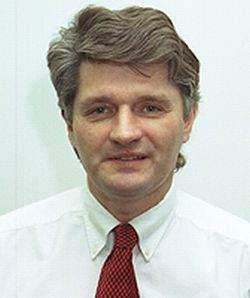
Prof. Werner Klein was awarded the Order of Merit of the Federal Republic of Germany for his achievements in ecological chemistry.
To strengthen the biotechnological competence of the Fraunhofer-Gesellschaft, the new department “Molecular Biotechnology“ is founded at Fraunhofer IUCT under the direction of Dr. Rainer Fischer.

The German Federal Environmental Specimen Bank is being set up at Fraunhofer IUCT in Schmallenberg as a long-term archive for documenting the state of the environment in Germany.
Dr. Rainer Fischer is appointed Chair of Molecular Biotechnology at the RWTH Aachen University.
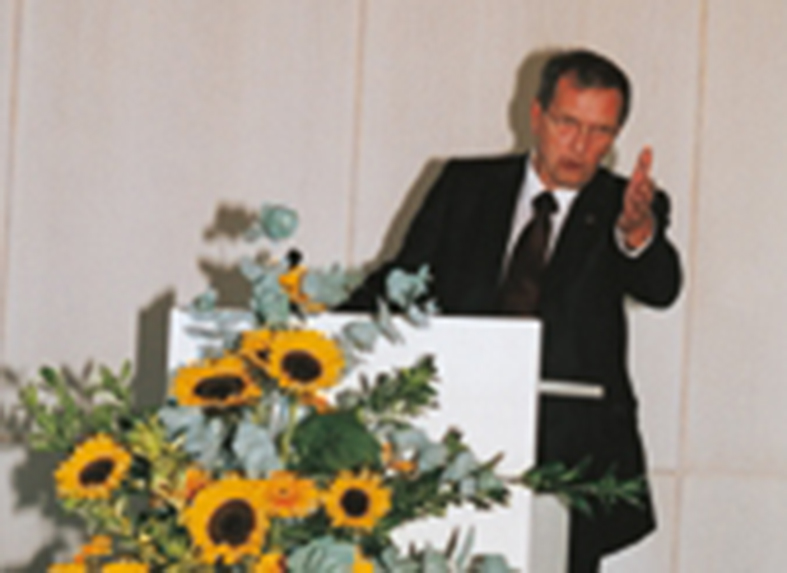
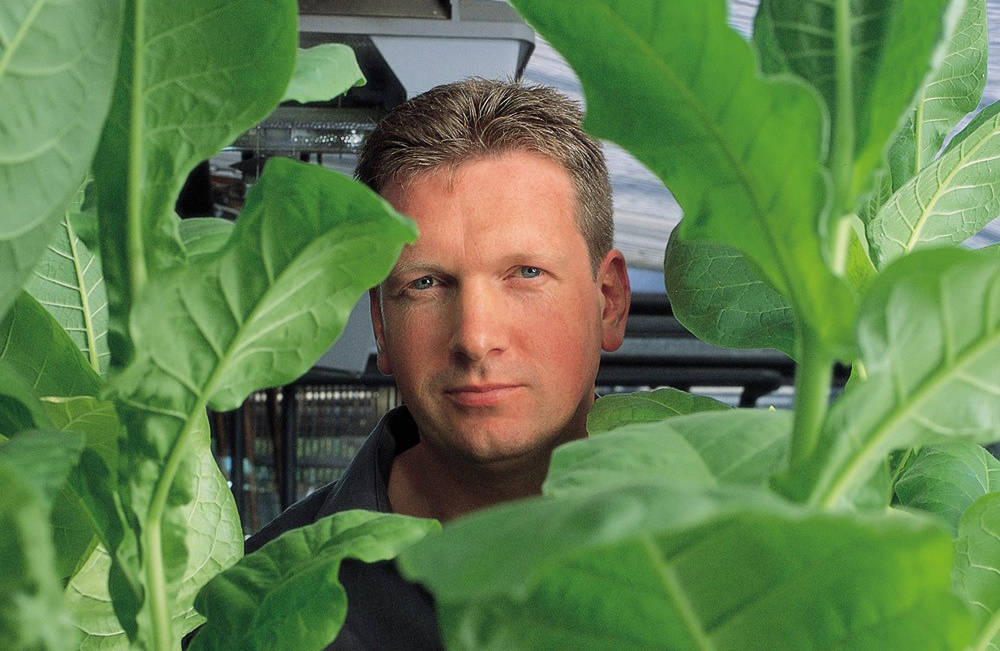
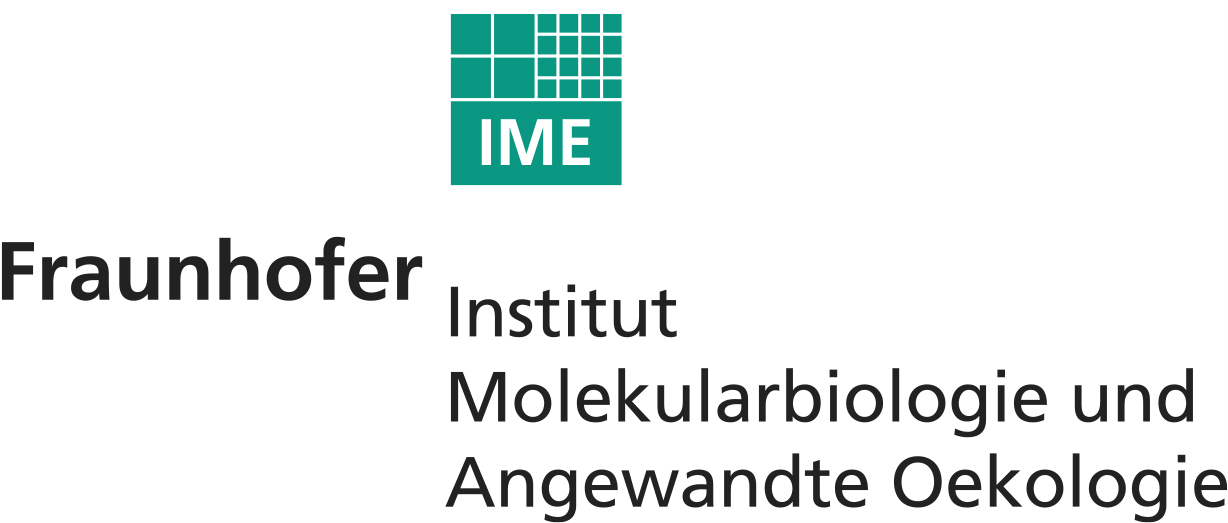
At the end of September Prof. Werner Klein took retirement. Prof. Rainer Fischer is appointed the new head of the institute.
Dr. Stefan Schillberg receives the Joseph von Fraunhofer Special Prize for his research work on molecular farming.
Due to the successful work in the department of Molecular Biology, the institute is renamed Fraunhofer Institute for Molecular Biology and Applied Ecology IME.
Fraunhofer IME is a founding member of the Fraunhofer Group for Life Sciences, a body strengthening the role of the biosciences within the Fraunhofer-Gesellschaft.
The cryogenic storage of the Environmental Specimen Bank in Schmallenberg is extended by a new building.
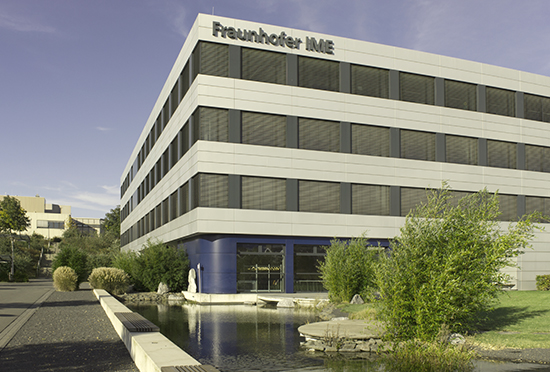
The division Molecular Biology moves into its own new building near the RWTH Aachen University.
The Fraunhofer Food Chain Management Alliance is founded. Under the leadership of Fraunhofer IME division “Applied Ecology“, several Fraunhofer Institutes are working jointly to improve food safety.

A new Fraunhofer IME project group “Bioresources“ headed by Prof. Andreas Vilcinskas is established at the Justus Liebig University Gießen (JLU). In the following years insect biotechnology is established at the JLU and Fraunhofer. The location in Gießen is appointed as a LOEWE Center (Hessen State Offensive for Development of Scientific-Economic Excellence).

In cooperation with Prof. Dirk Prüfer's Department of Plant Biotechnology, Fraunhofer IME branch lab “Plant Biopolymers“ is launched at the University of Münster (WWU).
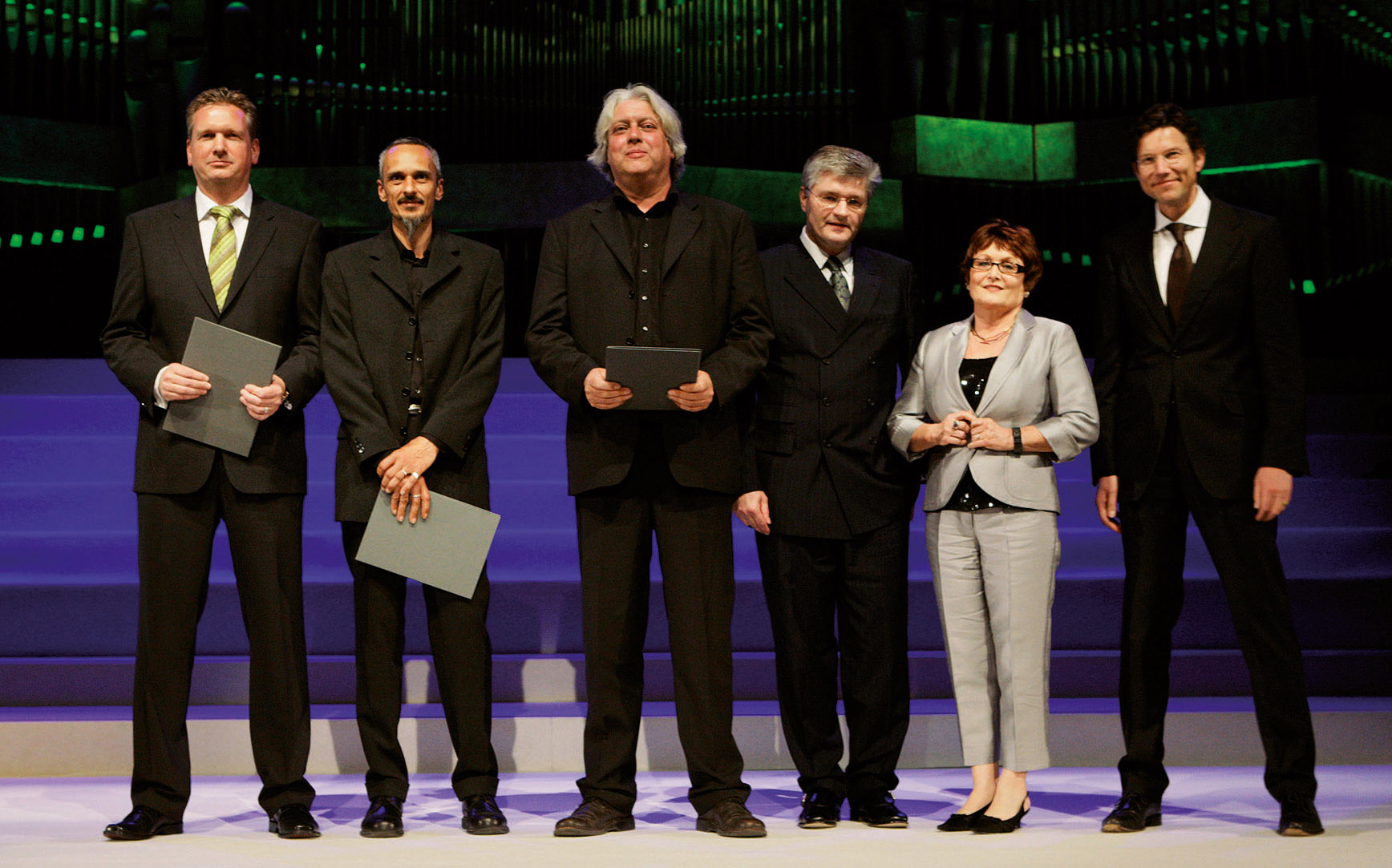

Fraunhofer Prize Human-Centered Technology 2011
Dr. Jürgen Drossard, Dr. Thomas Rademacher and Dr. Stefan Schillberg, from the Fraunhofer IME, succeeded together with Prof. Dr. Wiltrud Treffenfeldt of Dow AgroSciences and Dr. Uwe Gottschalk from Sartorius Stedim Biotech S.A.in producing active ingredients in transgenic plants and plant suspension cells - economically and safely. The produced proteins are currently being tested with the aim of using them in clinical trials.
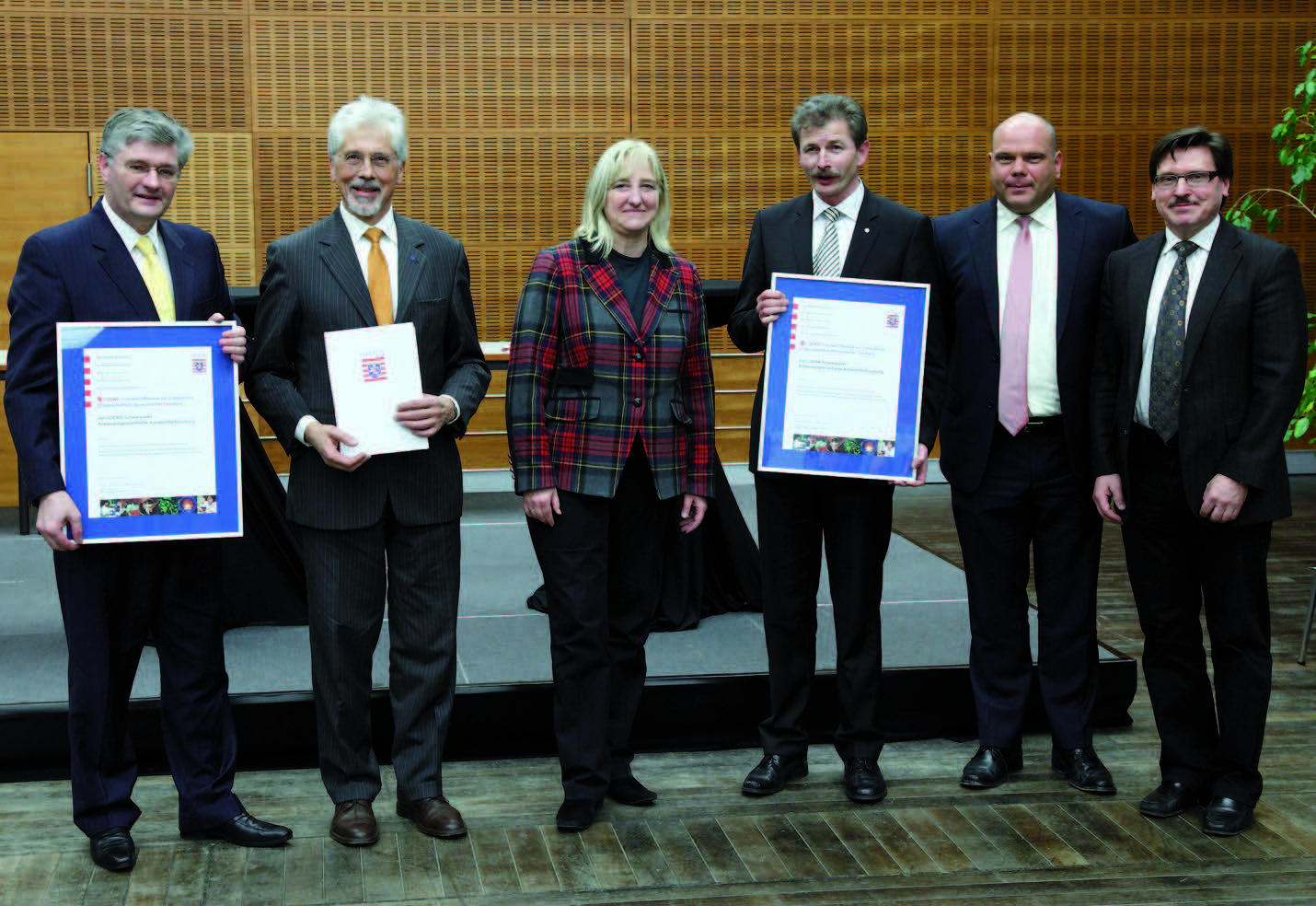
The new Fraunhofer Project Group “Translational Medicine and Pharmacology“ starts its work at the Goethe University Frankfurt am Main with the help of LOEWE funding from the state of Hessen. Under the direction of Prof. Gerd Geißlinger, a LOEWE Center will be established in the following years, bringing together drug research, preclinical and clinical model development, and clinical research.
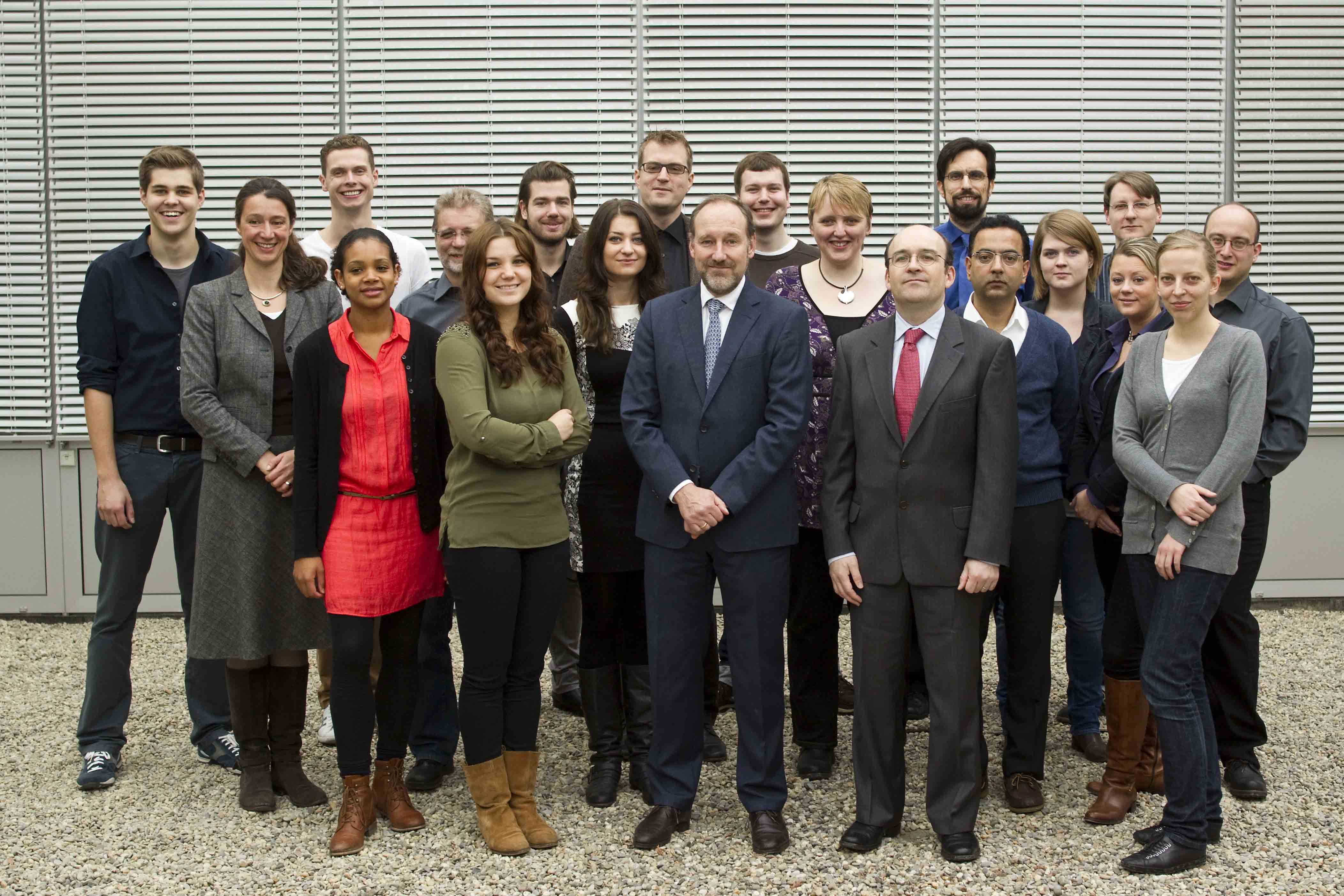

With the integration of the European ScreeningPort GmbH in Hamburg into Fraunhofer IME, the institute is further expanding its strength in pharmaceutical drug research.
The work of the cooperation project on natural rubber from Russian dandelion is rewarded with the GreenTec Award. The GreenTec Awards are Europe's biggest environmental and economic prize and have been awarded since 2008.
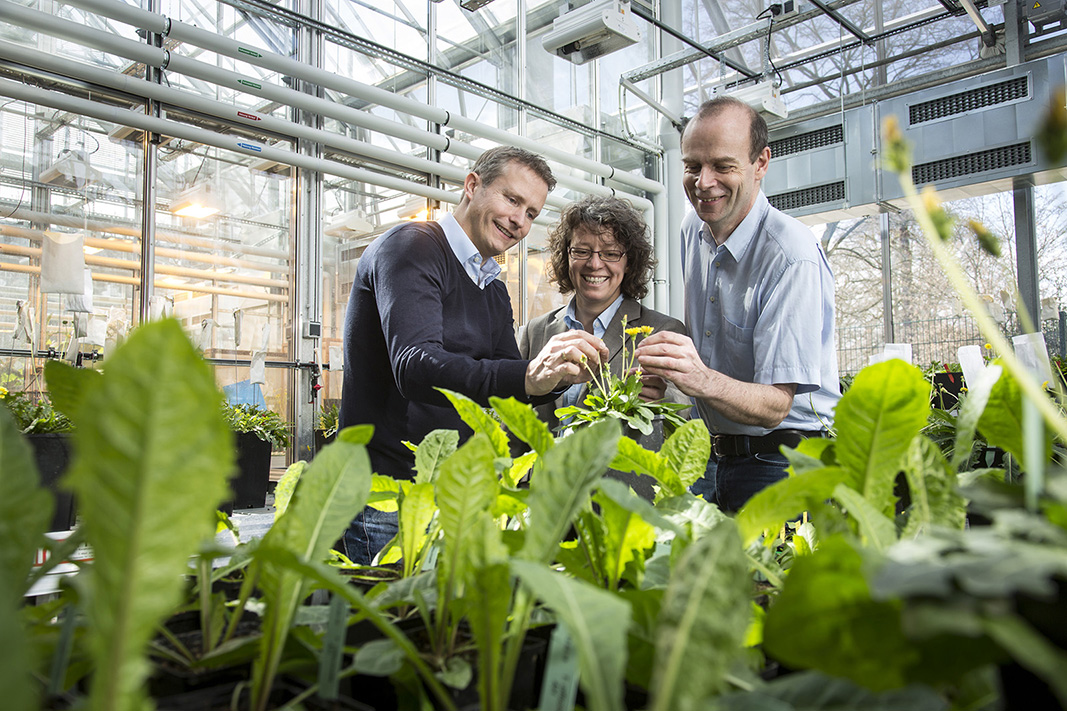

Prof. Dirk Prüfer and Dr. Christian Schulze Gronover, both Fraunhofer IME, together with Dr. Carla Recker from Continental Reifen Deutschland GmbH are awarded the Joseph von Fraunhofer Prize for their research on the Russian dandelion and the development of its application.

Prof. Rainer Fischer leaves Fraunhofer IME and hands over the acting management to the head of the locations in Frankfurt am Main, Schmallenberg und Aachen: Prof. Gerd Geißlinger, Prof. Christoph Schäfers and Prof. Stefan Schillberg. Prof. Gerd Geißlinger is executive director of Fraunhofer IME as well as Health Research Officer of the Fraunhofer-Gesellschaft. The institute is restructured into three divisions: Molecular Biotechnology, Translational Medicine, Applied Ecology and Bioresources.
The work at Fraunhofer IME focuses on valuable and active substances that are identified and biotechnologically produced in plants or animals (MB, BR). Furthermore, we investigate the usefulness of these substances for human health (TM) and evaluate their risks to the environment and consumers (AE).
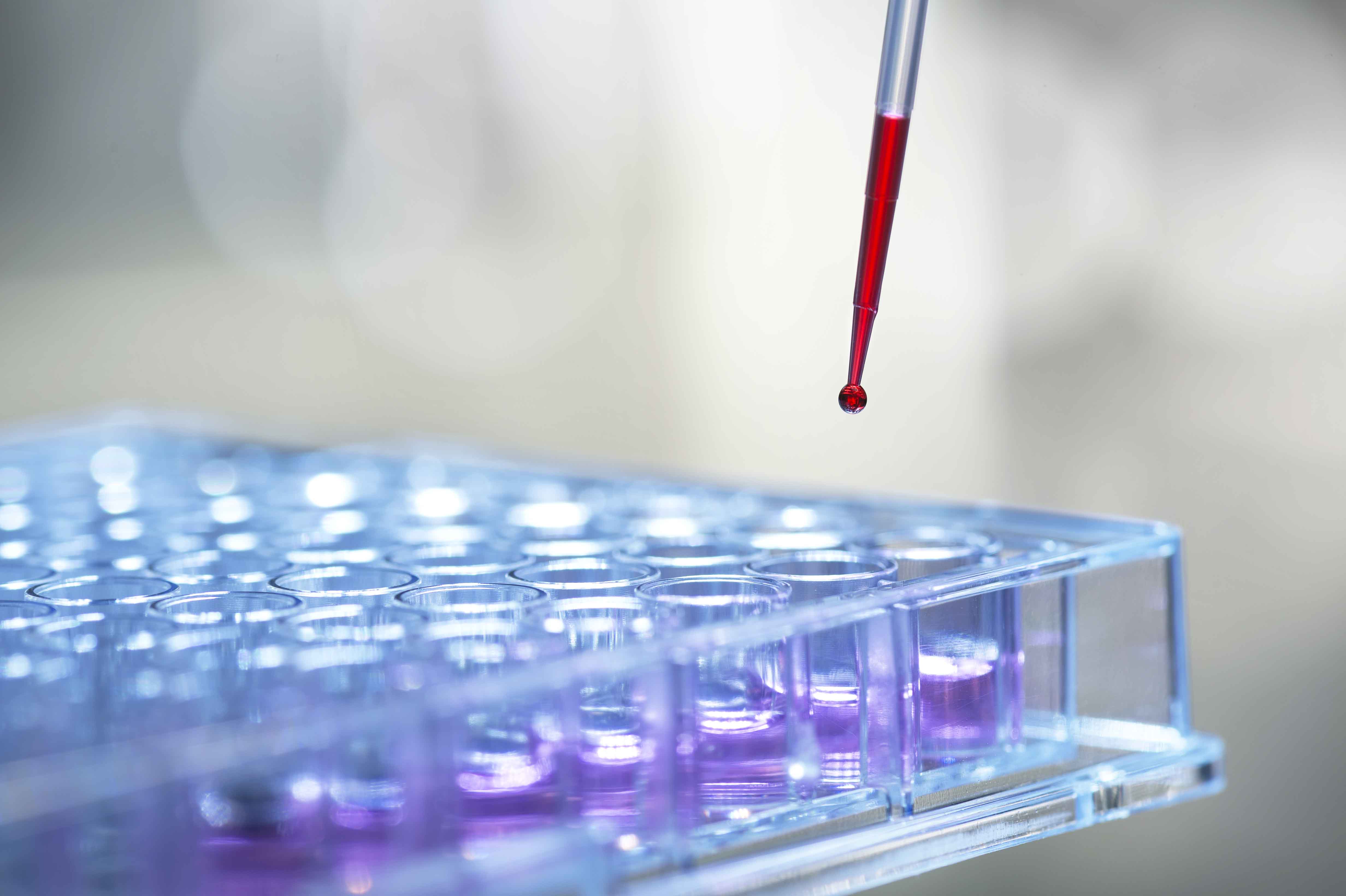
Fraunhofer IME, together with the other core institutes IZI and ITEM, establishes the Fraunhofer Cluster of Excellence for Immune-Mediated Diseases CIMD. The central aim is the translation of innovative ideas and identified targets into individualized therapies for immune diseases.
Fraunhofer IME is instrumental in the conception of the PoC initiative of Helmholtz-Fraunhofer-German university medicine Is this correct? and receives one of four funded projects in the pilot phase. The institute is also involved in the MED²ICIN Fraunhofer lighthouse project.
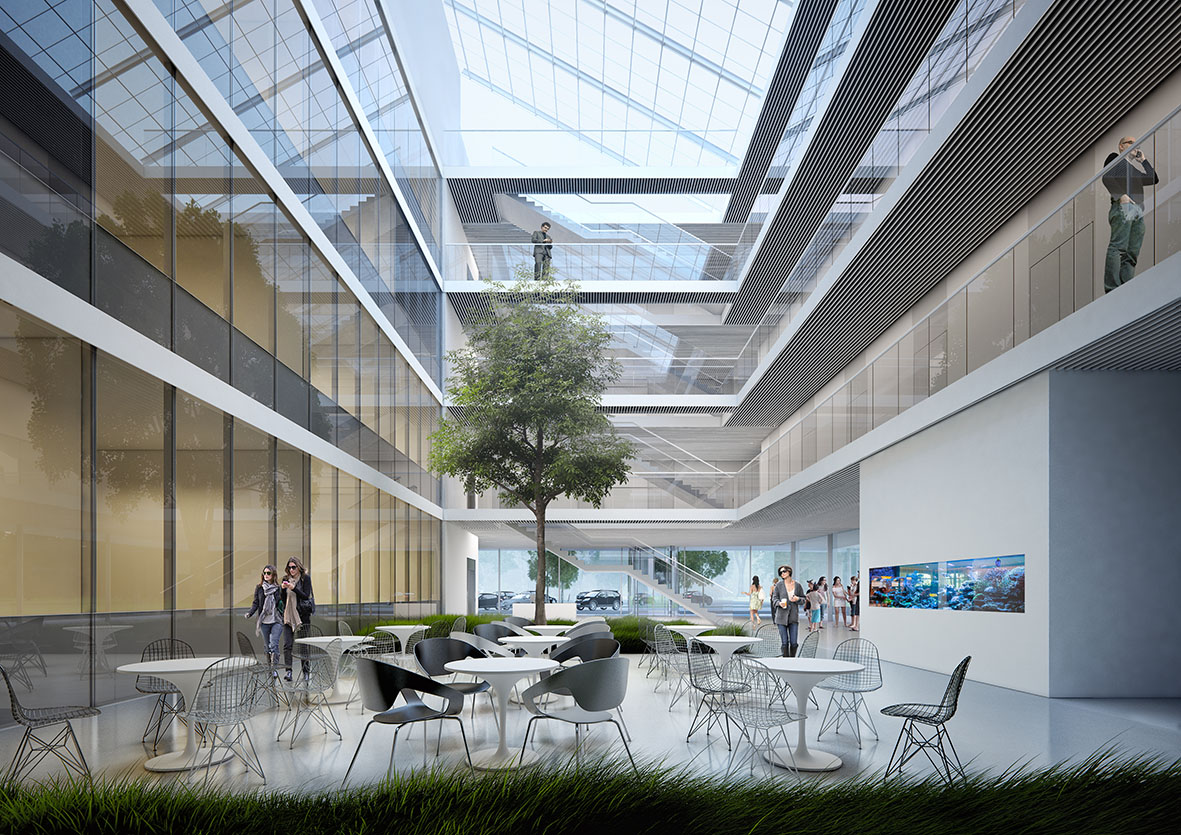

Our sixtieth year is marked by construction projects: In Gießen, the Bioresources division moves into its new institute building, Translational Medicine is planning a new institute building in Frankfurt am Main and in Schmallenberg, extensive renovation as well as new building construction are in full swing.
The Translational Medicine Division of our Fraunhofer IME has outsourced into the Fraunhofer Institute for Translational Medicine and Pharmacology ITMP with its three locations in Frankfurt am Main, Hamburg and Göttingen on 01.01.2021.